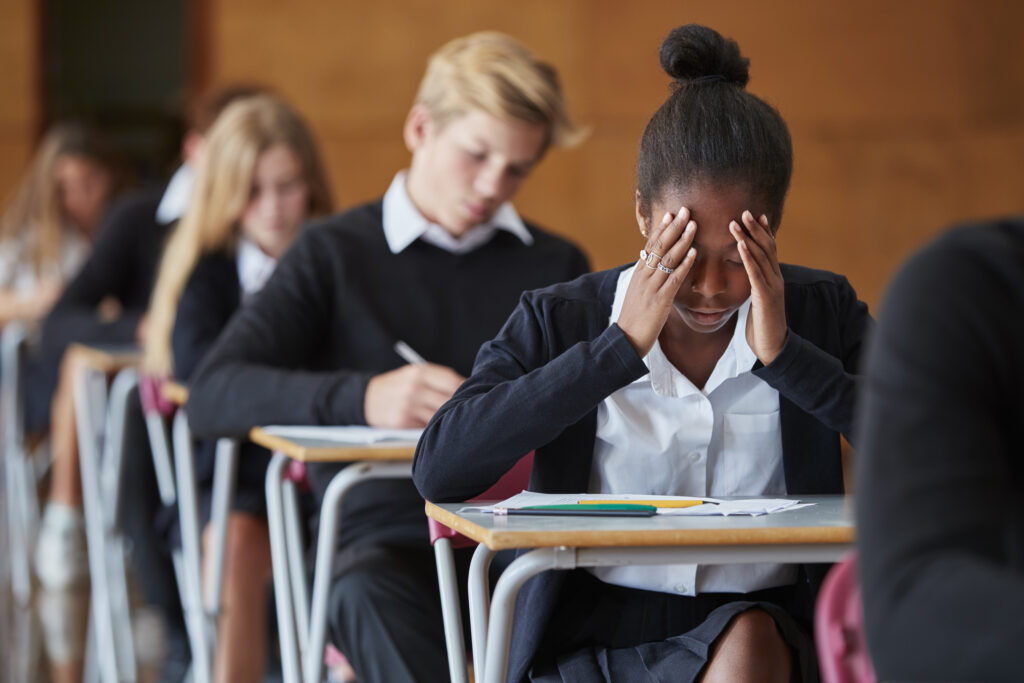By Elyse Kelly
(The Center Square) – The Kansas legislature is looking to expand the eligibility requirements in the state’s Tax Credit for Low-Income Student Scholarship Program.
The measure, which passed the Senate, would expand the tax credit eligibility of donations to scholarship programs to include those made to private schools. In addition, the bill would remove the requirement that students must be in attendance at one of Kansas’ worst 100 failing schools to qualify for a scholarship.
Currently, only donations to public school scholarship programs qualify for a tax credit, and only children receiving free lunches and attending the state’s 100 worst elementary schools qualify.
Jamie Finkeldei, vice president of the Kansas Association of Independent and Religious Schools (KAIRS), said the proposed legislation would help students in rural areas and solve the problem of children on free/reduced lunches moving in from out of state not qualifying for a scholarship because they weren’t attending a failing Kansas school the year before.
“It makes it more fair and equitable across the board for all low-income students to have the opportunity to attend a private school,” Finkeldei told The Center Square.
The worst schools are generally in urban areas, Finkeldei points out. By opening the requirements up, private schools, which are often the only nearby second option in rural areas, can help more low-income students attend a school that works for them, he said.
Democratic senators do not see it this way, however.
While Senate Democrats see the measure as funneling tax dollars away from public schools, Finkeldei said that’s a misleading point of view.
“Indirectly, we are, if you consider all taxable income, could theoretically go to public schools – but no, the tax credit is for the individual,” Finkeldei said. “So the individual makes a donation to the scholarship granting organization, and the individual gets a tax credit on their Kansas income tax for making that donation.”
Scholarships to attend Kansas private schools are still funded through donations, Finkeldei says.
Originally published by The Center Square. Republished with permission.
